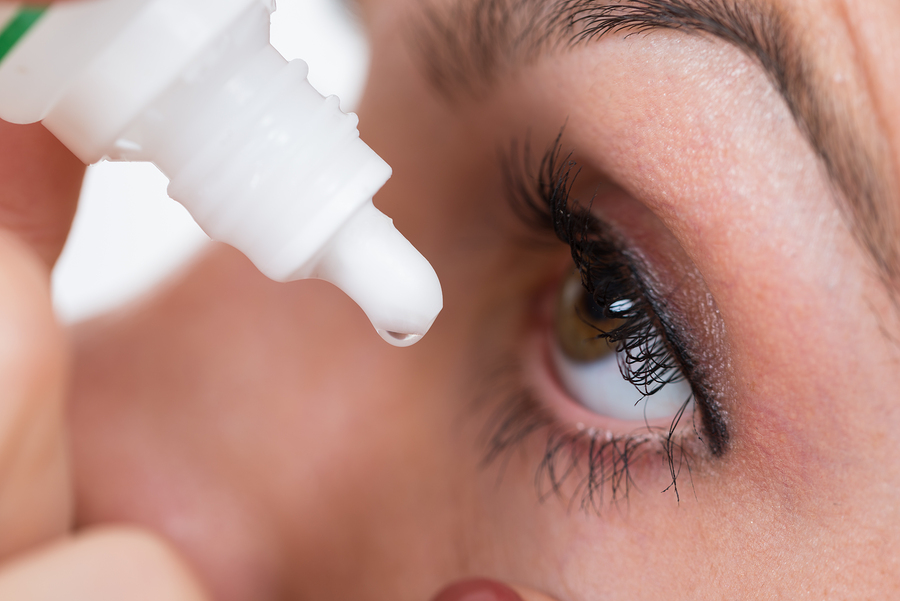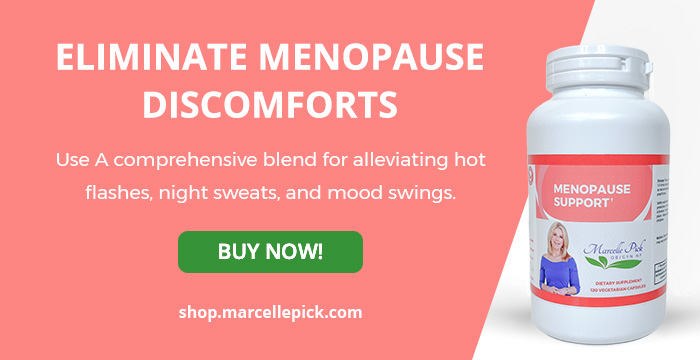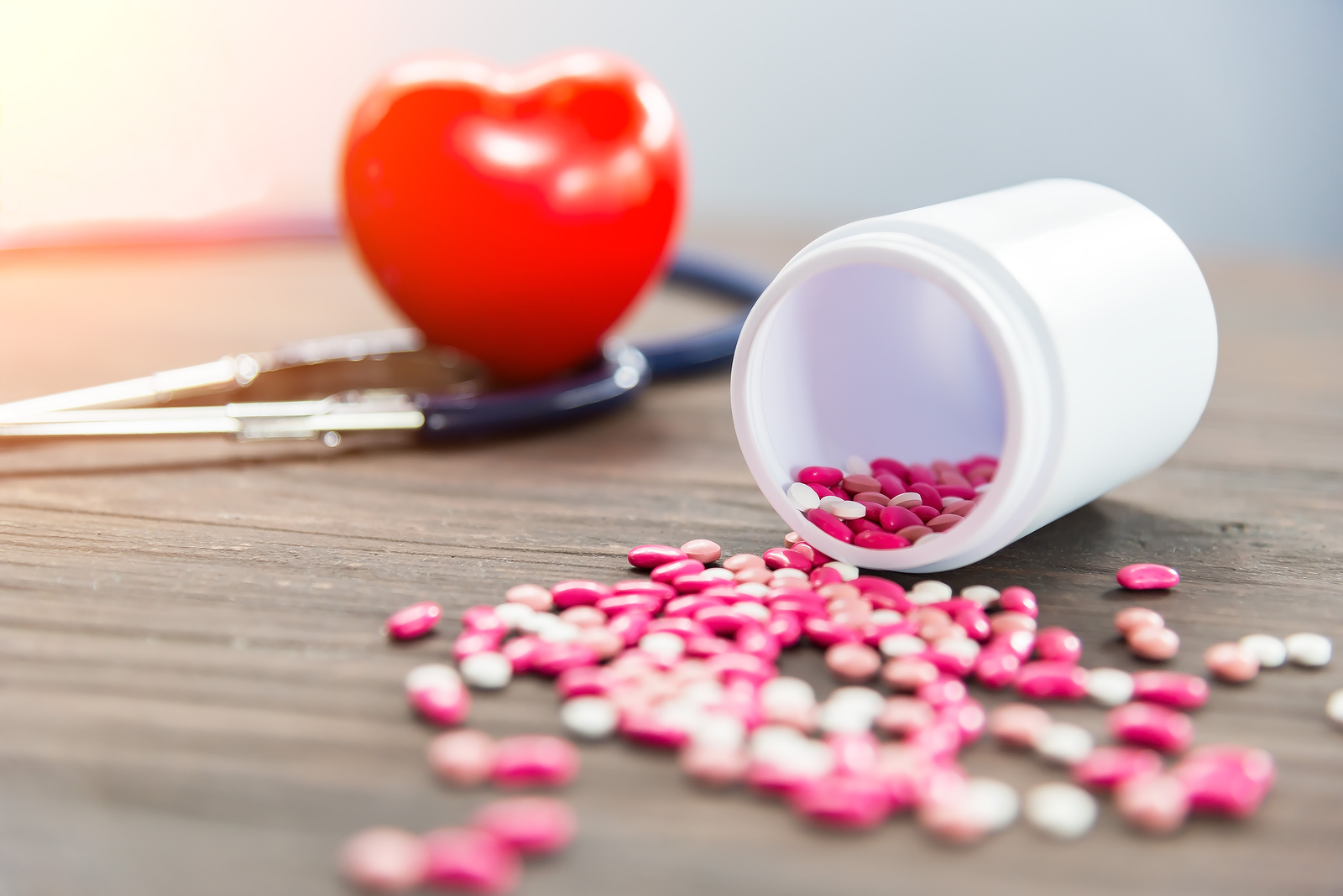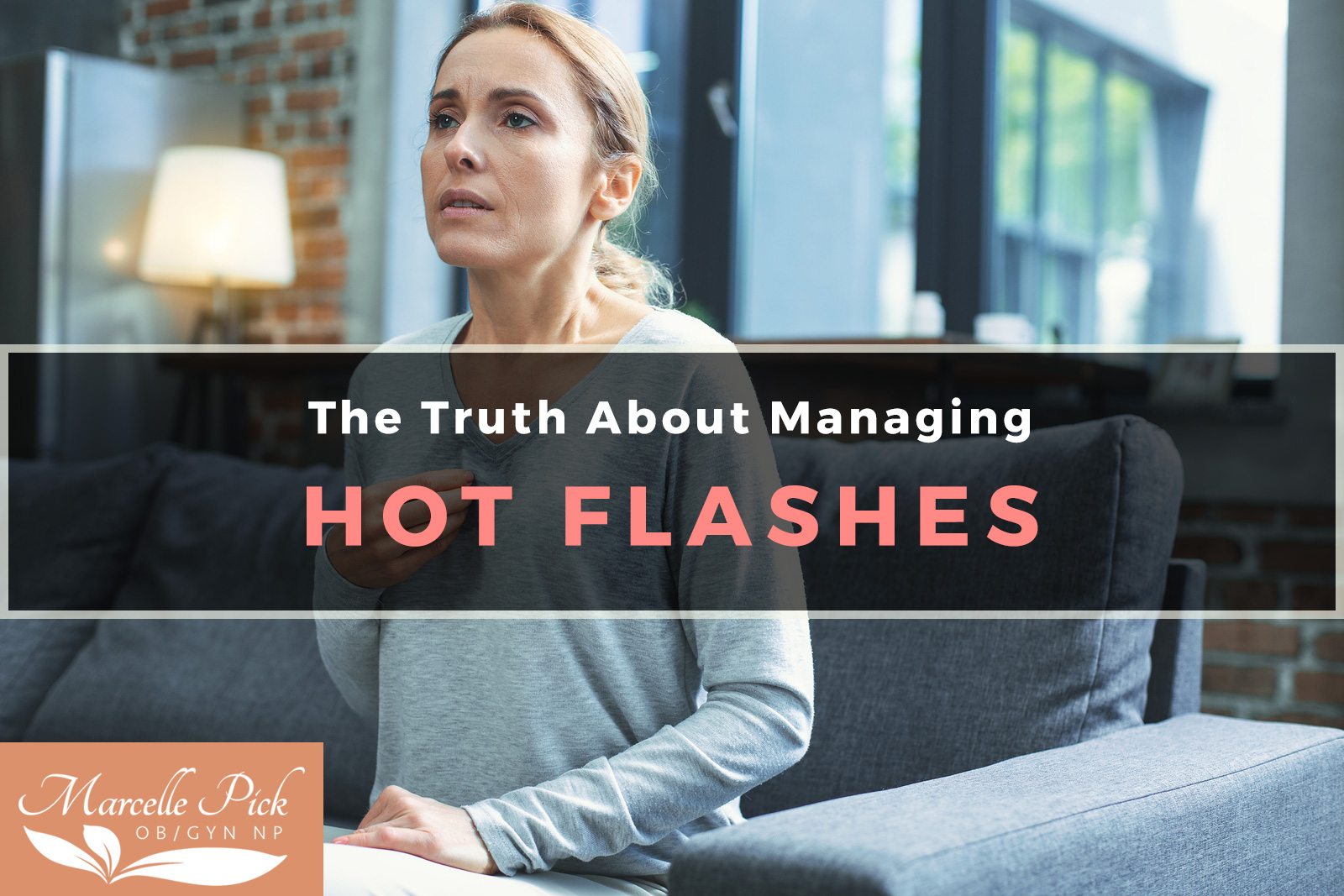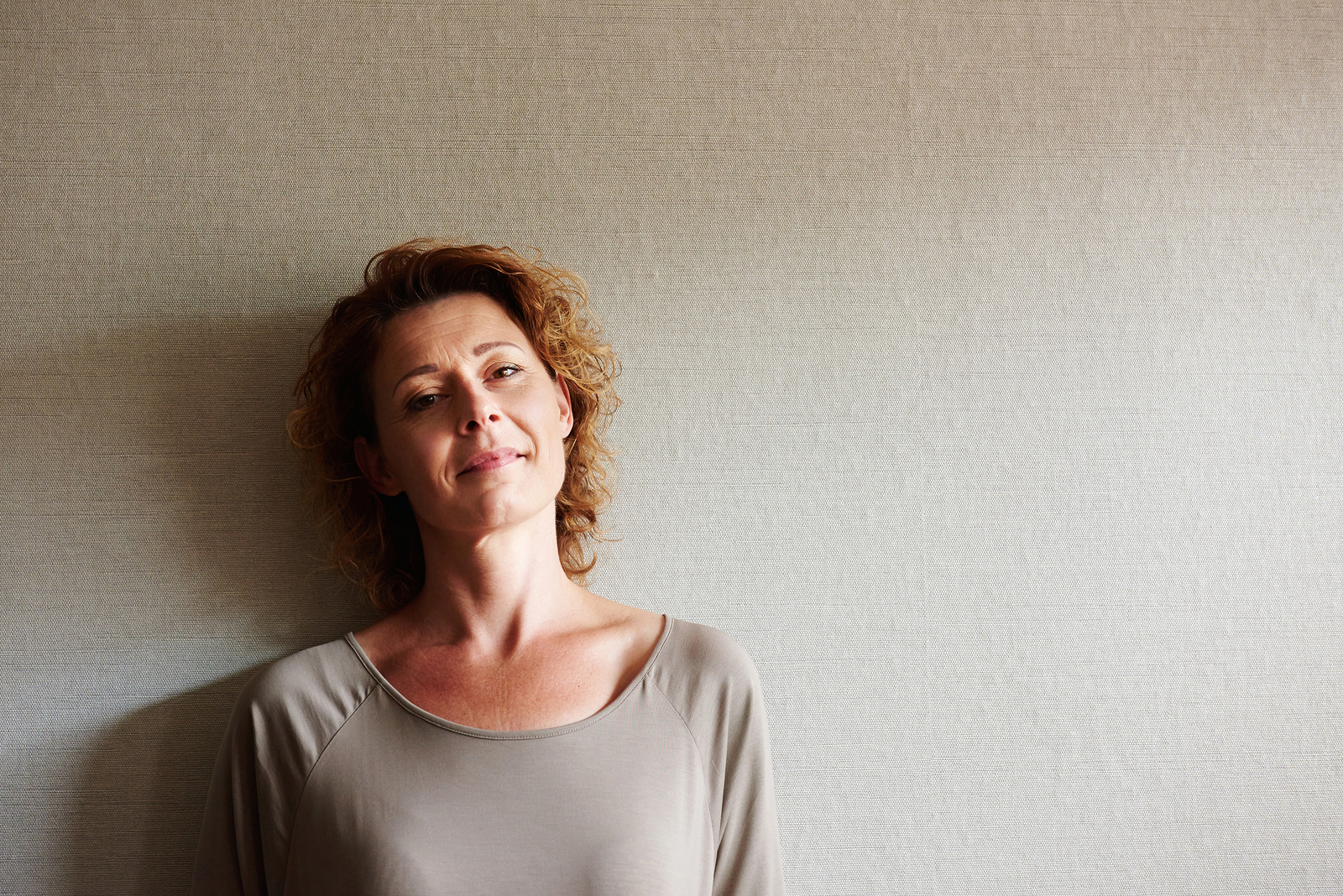It’s said that your eyes are the window to your soul, and if you look deep within you can see a person’s genuineness and truth! But what happens when your eyes aren’t sending a true message because they are irritated, dry, red and itchy? If you have symptoms of dry eyes, there might be something going on in your body that needs attention.
Most people think of hot flashes, moodiness, vaginal dryness, and night sweats when they think of menopause. Research has found, however, that dry eyes affect 60 percent of menopausal women. There are other imbalances at work that might also affect the eye and they often become more evident when your hormones begin to fluctuate.
If you experience dry, itchy and irritated eyes, you may have tried to treat the problem with eye drops to reduce the irritation. But many times this is like putting a band-aid on an abscess; you aren’t understanding the real issue. At the Women to Women clinic, we have had tremendous success treating this problem by looking upstream for the actual causes, antecedents or triggers. So let’s discuss the symptoms of dry eyes, the connection between dry eyes and menopause, and how to restore balance to your eyes again.
Dry Eye Symptoms
Temporary mild symptoms of tired, itchy, or red eyes that abate with sleep, a change in environment, or taking your contact lenses out can be chalked up to the obvious culprits. But worsening or persistent symptoms should be taken seriously. They include:
- Itchiness
- A scratchy or gritty feeling
- Tears running down the cheeks
- Increasingly tired eyes during the day
- Irritation from smoke, wind, or air movement
- Stringy mucus in your eye
- Sensitivity to light
- Blurriness
- Problems wearing contact lenses
You should seek treatment for your dry eyes sooner rather than later so that you can avoid harsh damage like scarring your cornea, which in turn can cause ulcers. You are also at a higher risk of an eye infection, because the fluids in your eye can’t carry the debris away and protect your eye. Furthermore, you might notice changes in your vision and feel constant pain in your eyes.
Causes of Dry Eyes
There are two reasons that dry eyes develop: (1) not enough oil production by the meibomian glands (in the inner eyelids) or (2) excessive evaporation of the tears. Most people with dry eyes are affected by both low oil and high evaporation.
Lifestyle factors and other health conditions can also play a role. Below are some common factors that may contribute to your dry eyes:
- Reading or computer work (you may not blink enough to redistribute eye fluid)
- Living and/or working in dry environments
- Contact lenses that absorb eye fluids
- LASIK eye surgery, which cuts nerves and reduces blinking
- Allergy drugs, diuretics, beta-blockers, birth control pills, or other drugs
- Diets poor in essential fatty acids or anti-inflammatory foods
- Certain health conditions, such as diabetes, arthritis, lupus, and Sjögren’s syndrome, which also causes dryness in the mouth.
- Eyes that have excessive droopiness
As a functional medical practitioner, I believe it is important to dig deep and try to identify the root cause of the dry eyes. If we take a closer look we know that hormones are quite important in the production of tears and lubrication of the eyes.
Dry Eyes and Menopause
The way in which particular hormones affect your eyes depends on your individual genes, diet, and lifestyle. We know that hormones are important to your eye health and studies have associated androgen (testosterone) and estrogen receptors on the cornea and on the meibomian gland. What this means is that there is a connection between your tears and your sex hormones.
Before menopause the greater your testosterone level is, the fewer tears you produce and the greater your estrogen, the greater your tears. During menopause this correlation flips — the greater your testosterone, the greater your tears and the greater your estrogen, the fewer tears you produce. We have much more to learn about how hormones play a role in the lubrication of your eyes, but we understand that dry eyes can result from a deficiency in estrogen, progesterone, or testosterone.
Prolonged dryness in your eyes means you will experience inflammation. The immune response releases inflammatory substances that make your eyes become red, itchy, and swollen. Dry eye symptoms go along with other menopausal signs of “drying,” such as sore joints and dry vaginal tissues. One way to help remedy your dry eyes is to restore a natural balance among estrogen, progesterone, and testosterone. For a better view of dry eyes, let’s look to the East.
An Alternative Approach to Dry Eyes
The eyes are crucial diagnostic tools in many Eastern healing traditions. Practitioners will look deeply at a patient’s eyes to obtain better insight about the health concerns. In Traditional Chinese Medicine (TCM), the eyes are thought to be where your purest energy flows. When your life is balanced and you are healthy, your eyes radiate clarity that is visible to the practitioner. When your life is not balanced, your eyes show it, because the liver (organ of detoxification) rules the eye in TCM.
Symptoms of dry eye might be a warning sign that your body is not detoxifying properly and thus inflammation occurs. The inflammation connection is supported by many conventional eye doctors who encourage their patients to add omega-3 supplements or fish oil to their dry eye treatment. One study showed that a diet rich in omega-3 fatty acids reduced the risk of dry eye by 20 percent compared to women with low levels of omega–3.
In addition, there are other benefits when you increase your intake of omega-3 fatty acids (with supplements; eating fish, such as mackerel, tuna, or wild salmon; or eating some nuts and seeds). They naturally moderate inflammation. They also assist in tear stimulation and secretion and help to increase oils in the secretion. In addition they are thought to moderate extra production of estrogen. These all help provide natural lubrication instead of temporary “artificial” relief, such as over the counter eye drops.
Eye Drops and Artificial Tears
As mentioned at the beginning of this article, most people use eye drops or “artificial tears” to help relieve symptoms of dry eye. The good news is that the drops can help make you more comfortable. The not-so-good news is that it’s only a temporary relief, and your symptoms will probably re-occur.
If you choose to use eye drops, please educate yourself on what is out there because eye drops can vary quite a bit. You will want to make sure that you are not using something that has preservatives that might further irritate your eyes. And remember that the drops that “get the red out” are not for dry eyes. To find permanent relief, you need to look deeper and not depend on the eye drops.
Functional Dry Eye Relief
I’ve helped women find permanent relief from their dry eye symptoms by building up their healthy nutrition and restoring their hormonal balance. You, like every woman, are unique; you might have to try a few combinations to find what works best for you. I believe that supplemental essential fatty acids and a nutritious diet will help with dry eyes. Here are some typically effective methods for you to try:
Nutrition. Eat three healthy and sensible meals and snacks every day. The meals should always include whole foods. Take a daily multivitamin, essential fatty acids, with EPA and DHA, plus vitamin E, which helps omega-3 do its work. Look for the right balance of omega-3, omega-6, and omega-9—it is all about balance. Read the label to determine if it’s free of lead, mercury, PCBs, and other contaminants.
Balance your hormones. Endocrine support can help your body produce natural levels of estrogen, progesterone, and testosterone. Try eating more whole grains, less sugar, and fewer processed foods. This will help to control insulin levels and keep inflammation under control.
Check your medications. If you are on prescription drugs, talk to your healthcare provider to see if anything might be causing your dry eyes. There could be alternate medications available.
Avoid pollution and irritants. Smoke aggravates dry eyes. Avoid rubbing your eyes because that can disturb the tear film, remove tears, and transfer irritants to your eye. If you wear makeup, try to purchase hypoallergenic makeup.
Hydrate and humidify. If you are dehydrated, the fluid in your eyes can be depleted, so drink lots of water and herbal teas. Another thing you can try is a humidifier. Clean it with soap so you don’t add more irritants to the air.
Blink! Try to blink every five seconds, especially when staring at your computer screen or kindle or Ipad.
Special care with contact lenses. Contact lenses can soak up the fluid in your eye and they also collect proteins on the surface, which further irritates the eyes. Keep lenses clean, and try not to wear them all the time. If you need to use eye drops, check the label, as not all drops are made to be used with contacts.
Get more sleep! Enjoy the advantages of regular sleep! This will give your eyes the rest they need and will also help reduce the stress that contributes to imbalance in your hormones. Your body repairs its cells and detoxifies while you sleep, which in turn also helps decrease inflammation.
Paying Attention to Your Third Eye
You have a “third eye”: your intuition. This could be the best tool for you in finding a way to keep your eyes healthy. Dry eye is a common symptom during menopause. Many women experience this symptom and many are able to find relief. Be patient while you are improving, and speak with your doctor if your symptoms get worse. Eyesight is an important part of daily lives and we tend to take it for granted. Make positive changes for your healthy lifestyle that will benefit your eyes – and your whole life!

